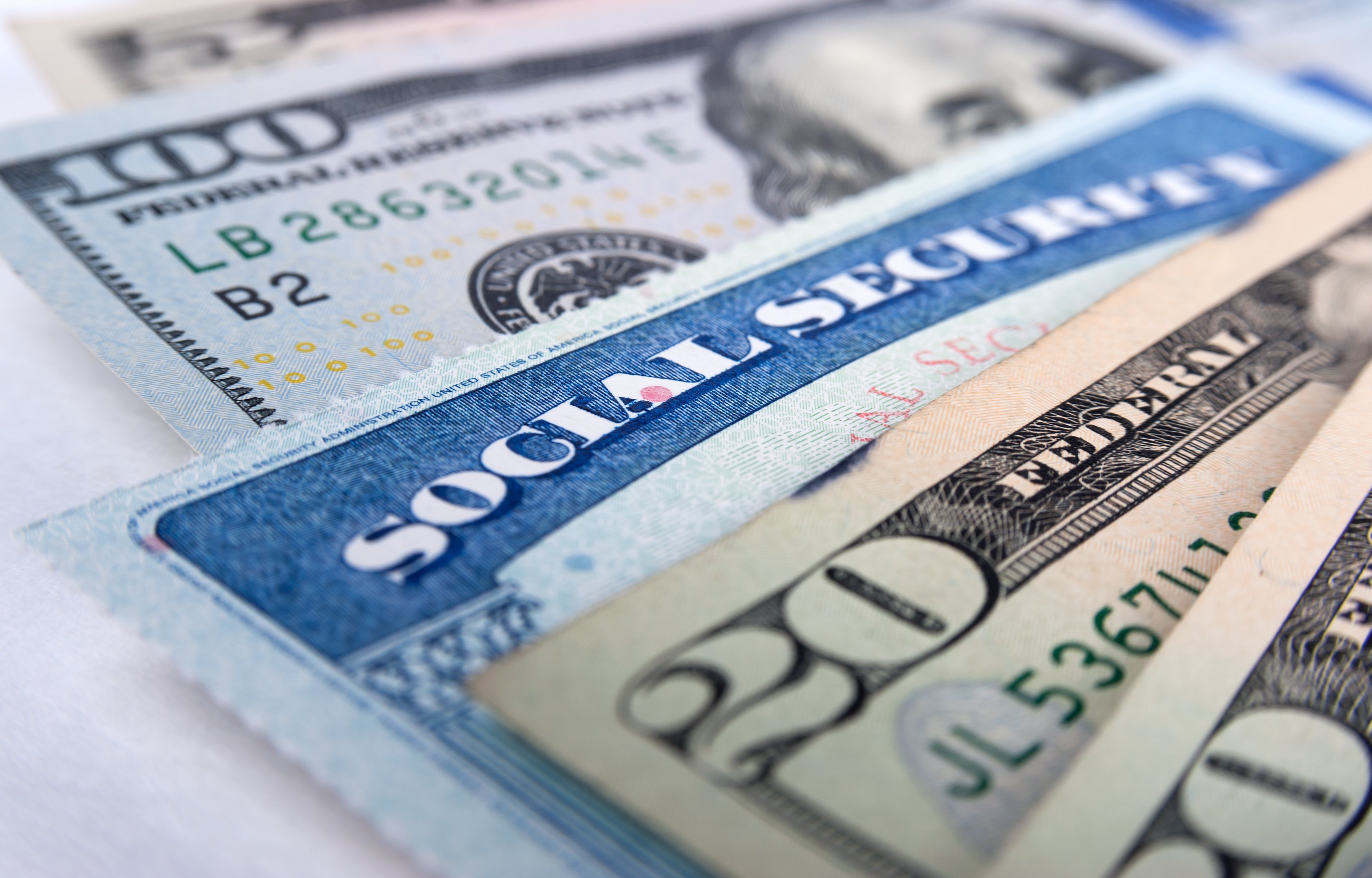Approximately 90% of Americans can expect to receive stimulus checks in the next few weeks, according to research from the Tax Policy Center, which should provide much-needed relief for those who are experiencing financial hardship due to the coronavirus pandemic.
Those with an adjusted gross income of less than $75,000 per year (or $112,500 for heads of household and $150,000 for married couples filing jointly) will receive the standard $1,200 check (or $2,400 for married couples). Those earning more than those limits will receive either a reduced check or no stimulus money at all.
If your finances are on shaky ground right now, that money might be best spent paying the bills or establishing an emergency fund. But if you can afford it, investing this extra cash can be a great way to build long-term wealth.

Image source: Getty Images
Why invest when the market is down
The Dow dropped just over 23% during the first quarter of 2020, making it the worst first quarter in history. The S&P 500 also recorded drastic losses, with this quarter being the worst since 2008.
When the stock market takes a nosedive, your gut instinct may be to cut your losses and withdraw your money before the situation gets worse -- or at least stop throwing more money into the market until the economy starts to recover. However, although it may seem counterintuitive, now is actually a great opportunity to invest more.
Stock prices fluctuate with the market, so when the market is down, so are stock prices. This makes it a good time to buy, because the market is essentially on sale right now. In other words, you get more for your money if you buy during a market downturn.
While investing now may seem like you're throwing your money away (especially if the market continues to get worse over the next few weeks or months), remember that, historically, the market has always recovered from even the worst recessions. So no matter how bad things look right now, the stock market will bounce back eventually. By investing now when stock prices are low, you stand to see substantial gains when the market does recover.
Where should you invest your cash?
If you have an extra $1,200 to invest right now thanks to your stimulus check, it's important to ensure you're investing it in the right places.
Although the stock market is inherently risky, one of the safest ways to invest is to stash your cash in low-cost index funds or mutual funds. These funds spread your money across dozens or even hundreds of different stocks, so if some stocks within the fund aren't performing well, you're less likely to lose a lot of money. If you invest all your money in a single stock and then that company's stock price plummets, that doesn't bode well for your investment.
In addition, when you invest in index and mutual funds, you'll typically see your investments improve as the market starts to improve. So because the market will inevitably recover at some point, your investments will generally recover along with it. When you invest in an individual stock, even if the economy improves, there's no telling whether your particular stock will increase in value or not.
The easiest way to invest in index and mutual funds is to contribute to your 401(k) or IRA. If you have a 401(k) that offers matching contributions from your employer, that's even better. Those contributions are essentially free money, so you'd be wise to take full advantage of them.
There are many ways to spend your stimulus check, and if you need the cash to pay the bills or strengthen your emergency fund, those goals should be your top priority. But if you're looking for a way to build long-term wealth, right now is a great opportunity to invest. If you take action now, your retirement savings will thank you later.





